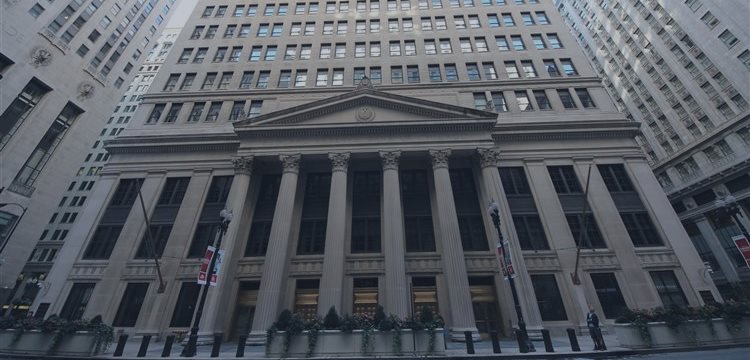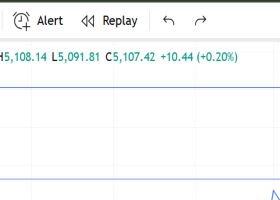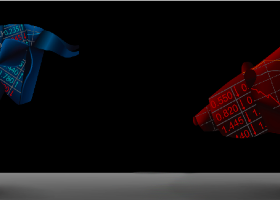
Senior policy-maker: Fed rate hike is overdue, given improvements in job market
James Bullard, head of the Reserve Bank of St Louis, told the Financial Times that the Federal Reserve risked holding fire too long on rate hikes given the plunging unemployment rate and that even after the central bank starts tightening, monetary policy will remain easy by normal standards.
In February US employers added 295,000 jobs, as data released on Friday showed, in defiance of bad
weather, and the unemployment rate fell to 5.5 per cent, the lowest
level since 2008, triggering a spike in bond yields and the dollar.
Mr Bullard noticed that by autumn the rate of unemployment should be below 5 per cent — near levels it had last seen in the “bubble years” of the 1990s and 2000s.
Even
if the central bank lifts rates as soon as June, it was more
or less guaranteeing what would traditionally be called “very easy
monetary policy” over the next two years because hikes would be gradual
and data-dependent. This came at a time of a “rapidly improving situation” in the
economy.
“I think we have to move now or soon, in order to be in the right position as the economy continues to evolve,” he said.
Mr Bullard was concerned that investors are understating the likely
upward path of interest rates compared with the Fed policy makers’ own
forecasts. The sharp move in bond yields following the jobs report on
Friday showed how “abrupt this kind of thing can be”, he warned.
“It
would be an improvement if the Fed and the markets were more or less on
the same page about how this is going to evolve going forward. We are
not there today.”
He referred to 1994, when the Fed provoked a bond market rout by surprising traders with sharp rate hikes. “It was a very volatile period because markets were out of sync with what the Committee had in mind in terms of the normalisation of rates,” he said. “If we could smooth out that process some I think that would be good, and not get into the situation where we have to make very aggressive moves in order to catch up.”
While some analysts have urged the Fed to hold fire on
rates until there is a stronger rise in wages, Mr Bullard disagreed. He argued that wages were a lagging indicator, not a leading indicator
of inflation
outcomes. Current earnings growth should not be
compared with the performance of the 1990s, when there was much higher
productivity growth.
“With this kind of improvement in labour markets surely wage growth is not that far behind,” he noticed.


